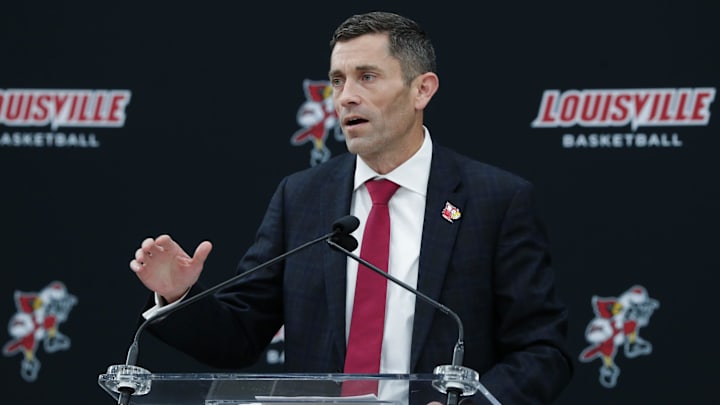On Friday night, Judge Claudia Wilken formally approved the multi-billion-dollar legal settlement between the NCAA, its most powerful conferences, and lawyers representing all Division I athletes.
The settlement forces the NCAA to pay $2.8 billion in damages to Division I athletes from 2016 until present day over the next 10 years, and more importantly for the future of college sports, establishes revenue sharing, allowing schools to pay their athletes directly within an annual cap. The revenue-sharing cap, which can be divided among sports at the school’s discretion, will begin at roughly $20.5 million and increase annually over the next decade.
The deal will radically alter the landscape of the sport, shifting payments from third-party collectives through Name, Image, and Likeness agreements to direct pay-for-play from school to athlete. It will also establish new roster limits, with an option to grandfather in programs that are over the limit so that no current athlete loses their opportunity to participate in collegiate athletics as a result of the deal.
While this deal represents monumental and long-overdue change in collegiate athletics, the Louisville athletic department was uniquely prepared to welcome it. On the long road to its approval, the settlement hit significant roadblocks, one of which was the proposed roster limits, but even if it was never formally approved by Judge Wilken, Louisville athletic director Josh Heird was prepared to move forward with paying the school’s athletes directly anyway.
Several states, including Kentucky, have laws in place allowing schools to directly pay college athletes. Kentucky passed Senate Bill 3 in March, which was essentially created to permit state universities to legally operate within the House settlement’s then-proposed revenue sharing model. With state legislation in place, Heird and the university would have legal standing to begin paying players regardless of the settlement outcome, more or less daring the handcuffed NCAA to enforce its antiquated restrictions.
As for the issue of roster limits, which delayed a decision from Judge Wilken for a month because of the possibility that athletes would lose their roster spots en masse before both sides agreed to allow programs to be grandfathered in as they work to reach the new limits, again, Louisville is prepared.
At ACC spring meetings, where Heird also spoke about the possibility of moving forward with paying players regardless of the outcome of the settlement, Heird said that the roster limits would have, “little to no impact” on his athletic department because Louisville’s rosters are, “relatively small by comparison with other peer institutions.”
It doesn’t appear that implementation will be an issue for Louisville, so Heird can focus his attention on determining where to allocate the $20.5 million revenue sharing allotment throughout his department. A decision that could determine the future success, not just of the football and men’s basketball programs, but of baseball, softball, and volleyball.
